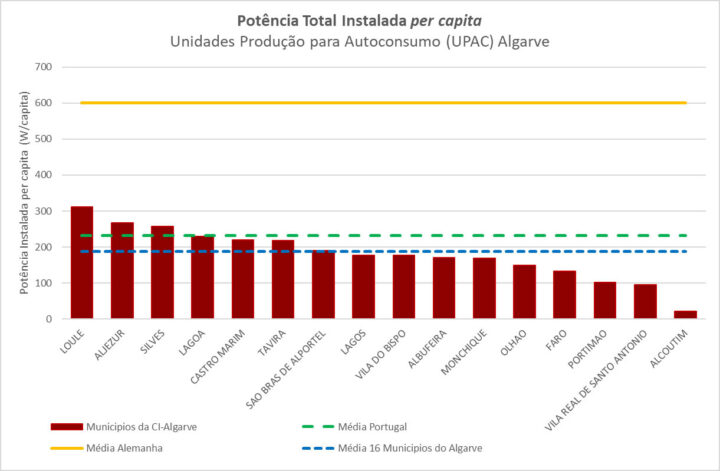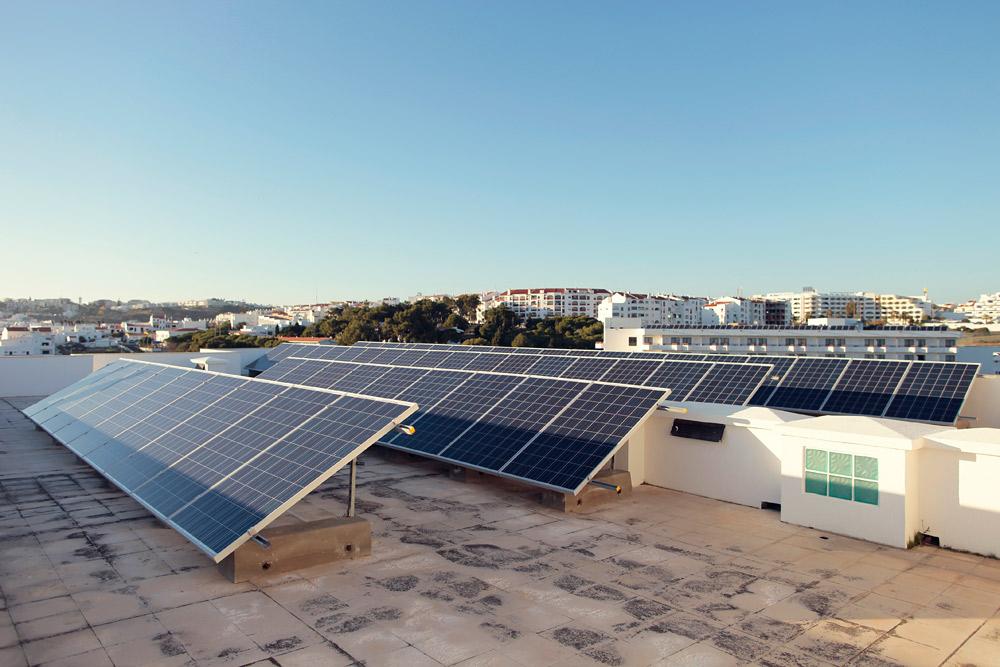Own production of photovoltaic electricity for consumption in our homes, commercial establishments and hotels is a viable option in financial and environmental terms.
Unlike large photovoltaic plants, this small-scale production for self-consumption, also known as self-consumption, makes it possible to decentralize and democratize energy production, increasing the independence of the consumer from the electrical grid and making him the main agent in order to lower the cost of the electricity bill, produce clean energy and, at the same time, reduce energy dependence on fossil fuels from abroad.
Another added value is the in-house production allowing the use of building roofs to produce electricity, reducing the need to build large photovoltaic power stations where their deployment could compromise biodiversity and the landscape and agricultural interest.
The production of energy for own consumption, or self-consumption, has been legislated since 2014, with successive amendments that culminated in the publication of Decree-Law No. 15/2022 of January 14.
Currently, any electricity consumer can be an energy producer, simply by installing its own electricity production system. Typically, a production unit is installed using photovoltaic technology or a renewable energy source.
This photovoltaic technology has the particularity of producing electricity from sunlight, satisfying your consumption needs and in the moment of surplus production being able to share or sell that energy to other consumers or to the electrical grid in a simplified way.
Due to its geographic location, the Algarve is one of the regions in Europe that has a high potential for electricity production from solar photovoltaic systems. Typically in the Algarve region, the same photovoltaic production unit can produce about twice as much energy than, for example, in countries located further north, such as Germany, the Netherlands, the United Kingdom, among others.
However, a question must be raised: is the sun in the Algarve, which has given us so many opportunities in agriculture and tourism, also giving us these same opportunities in the energy transition process we are experiencing? The answer to this question must be reflected by all actors in the region, given that the high potential of solar energy in the Algarve cannot be compromised by inertia, lack of knowledge or strategy. This is the way for the region to produce electricity in a safe, sustainable and affordable way!
Currently, the installed capacity of photovoltaic energy in self-consumption production units in the Algarve represents around 16% of the national capacity. The Algarve region has around 17.700 photovoltaic self-consumption power plants, with Loulé being the municipality with the most installations, around 18% of the region's total.
Per inhabitant, the Algarve region has an average value of 188 W of installed photovoltaic power, around 20% less than the national average. On average, each inhabitant of the Algarve has about half of a photovoltaic solar module. If we look at a country like Germany, we see that an inhabitant has about 600 W, that is about one and a half photovoltaic modules – about 3 times more than an inhabitant of the Algarve.
In relation to the 16 municipalities that make up the Algarve region, it appears that Loulé is the one with the highest installed power per capita, followed by Aljezur, Silves, Lagoa, Castro Marim and Tavira. The remaining 10 municipalities are below average installed power per capita in the region.

Based on the data presented, the Algarve should, in the short term, define a strategy to accelerate the implementation of self-consumption photovoltaic energy production units, in order to reach, in a first stage, the national average values and, in a second stage, a convergence with countries that present the best practices, such as Germany, which currently present better performances with less potential for solar energy.
A strategy proposal involves raising awareness and training local actors to join self-consumption photovoltaic energy production development programs and take advantage of European funds to finance them, giving special focus to companies and population with fewer investment resources.
Municipalities, as promoters of local development policies, should be the first to set an example, accelerating the implementation of these production units in their municipal facilities and, at the same time, should create training instruments for local companies and citizens to get involved more and accelerate the deployment of these renewable production units.
The Algarve has a high potential for self-consumption that must be explored to make the region's economy more resilient and competitive!
Author Cláudio Casimiro is a specialist in Energy by the Order of Engineers



















Comments